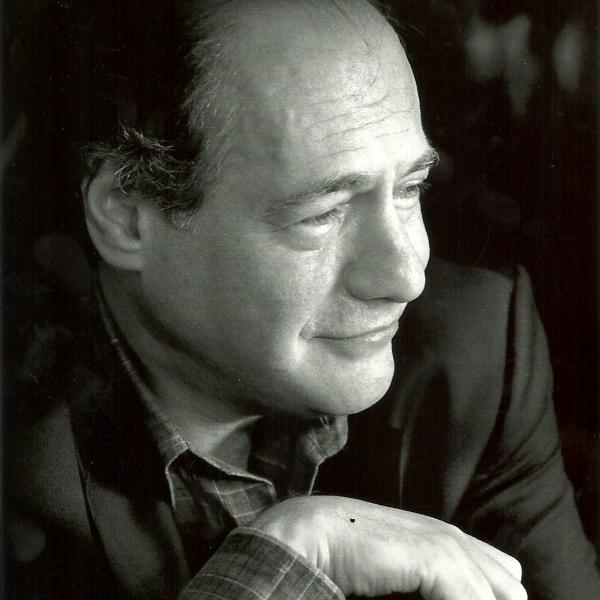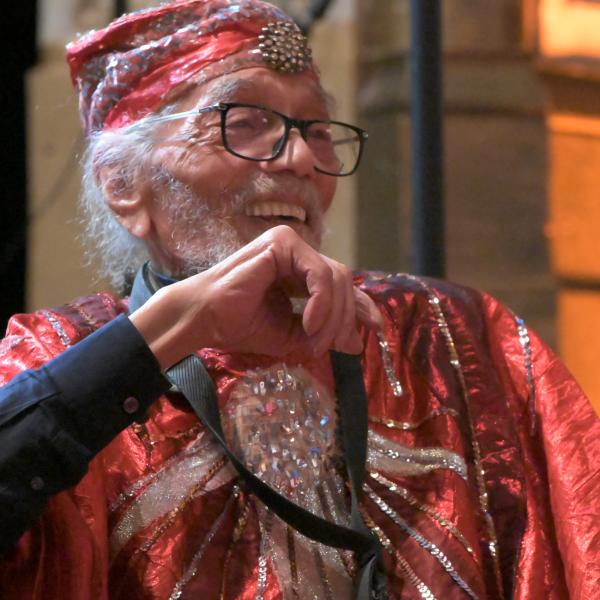Two Presidential Programming Sessions were organized by the National Endowment for the Arts for the American Psychological Association Annual Convention, Washington, DC, on August 8, 2014. This session focused on arts interventions in children who experience emotional disturbance or who experience poverty-related stress.
Chair: Sunil Iyengar, National Endowment for the Arts, Washington, DC
Participants:
Ellen Winner, PhD, Boston College
Jennifer E. Drake, PhD, Brooklyn College, City University of New York
Eleanor Brown, PhD, West Chester University
Biographies (in order of appearance)
Sunil Iyengar directs the Office of Research & Analysis at the National Endowment for the Arts. Since his arrival at the NEA in June 2006, the office has produced more than 25 research publications, hosted several research events and webinars, twice updated the NEA's five-year strategic plan, and overseen a new and expanded survey about arts participation. In that time, the office also has created an arts system map and long-term research agenda, and has launched a research grants program. Iyengar also chairs the Interagency Task Force on the Arts and Human Development. Some of the NEA’s most recent research includes Valuing the Art of Industrial Design (2013), The Arts and Achievement in At-Risk Youth (2012), An Average Day in the Arts (2012), and The Arts and Human Development (2011). Iyengar and his team have partnered with organizations such as the Brookings Institution, the National Academy of Sciences, and the National Institutes to Health to study the arts in relation to such topics as economic development and the health and well-being of older adults. For a decade, Iyengar worked as a reporter, managing editor, and senior editor for a host of news publications covering the biomedical research, medical device, and pharmaceutical industries. He writes poetry, and his book reviews have appeared in publications such as the Washington Post, New York Times, San Francisco Chronicle, The American Scholar, The New Criterion, Essays in Criticism, and Contemporary Poetry Review. Iyengar has a BA in English from the University of Michigan in Ann Arbor.
Ellen Winner is Professor and Chair of Psychology at Boston College, and Senior Research Associate at Project Zero, Harvard Graduate School of Education. She directs the Arts and Mind Lab, which focuses on cognition in the arts in typical and gifted children. She is the author of over 100 articles and four books: Invented Worlds: The Psychology of the Arts (Harvard University Press, 1982); The Point of Words: Children's Understanding of Metaphor and Irony (Harvard University Press, 1988); Gifted Children: Myths and Realities (BasicBooks, 1997, translated into six languages and winner of the Alpha Sigma Nu National Jesuit Book Award in Science); and co-author of Studio Thinking: The Real Benefits of Visual Arts Education and Studio Thinking2: The Real Benefits of Visual Arts Education (Teachers College Press, 2007 & 2013). She served as President of APA's Division 10, Psychology and the Arts, in 1995-1996, and in 2000 received the Rudolf Arnheim Award for Outstanding Research by a Senior Scholar in Psychology and the Arts from Division 10. She is a Fellow of the American Psychological Association (Division 10) and of the International Association of Empirical Aesthetics.
Jennifer Drake is an Assistant Professor of Psychology at Brooklyn College and the Graduate Center of the City University of New York. She received her Ph.D. in Developmental Psychology with a minor in Statistics from Boston College in 2012, and then completed a post- doctoral fellowship. Her research program focuses on emotion regulation and the arts in children and adults. Her studies demonstrate that drawing works to improve mood not by allowing venting but by inviting distraction. In a second line of research, she studies the cognitive and perceptual processes underlying graphic representation skill in artistically gifted children in order to understand the development of superior perceptual abilities. She has found that realistic drawing talent is unrelated to IQ, and that children gifted in graphic representation exhibit perceptual strengths also seen in individuals with autism.
Eleanor D. Brown, PhD is an Associate Professor of Psychology at West Chester University, where she directs the Early Childhood Cognition and Emotions Lab (ECCEL). Dr. Brown is internationally recognized for her scholarship on children in poverty, as well as her research on arts programming. For the past several years, Brown has partnered with Settlement Music School’s Kaleidoscope Arts Enrichment Preschool to study arts’ impact. The leading journal Early Childhood Research Quarterly published her 2010 paper on “Arts Enrichment and School Readiness” and her 2012 paper on “Arts Enrichment and Preschool Emotions.” Brown’s current research on the arts and cortisol for economically disadvantaged children is funded through the NEA Art Works Research grants program.




